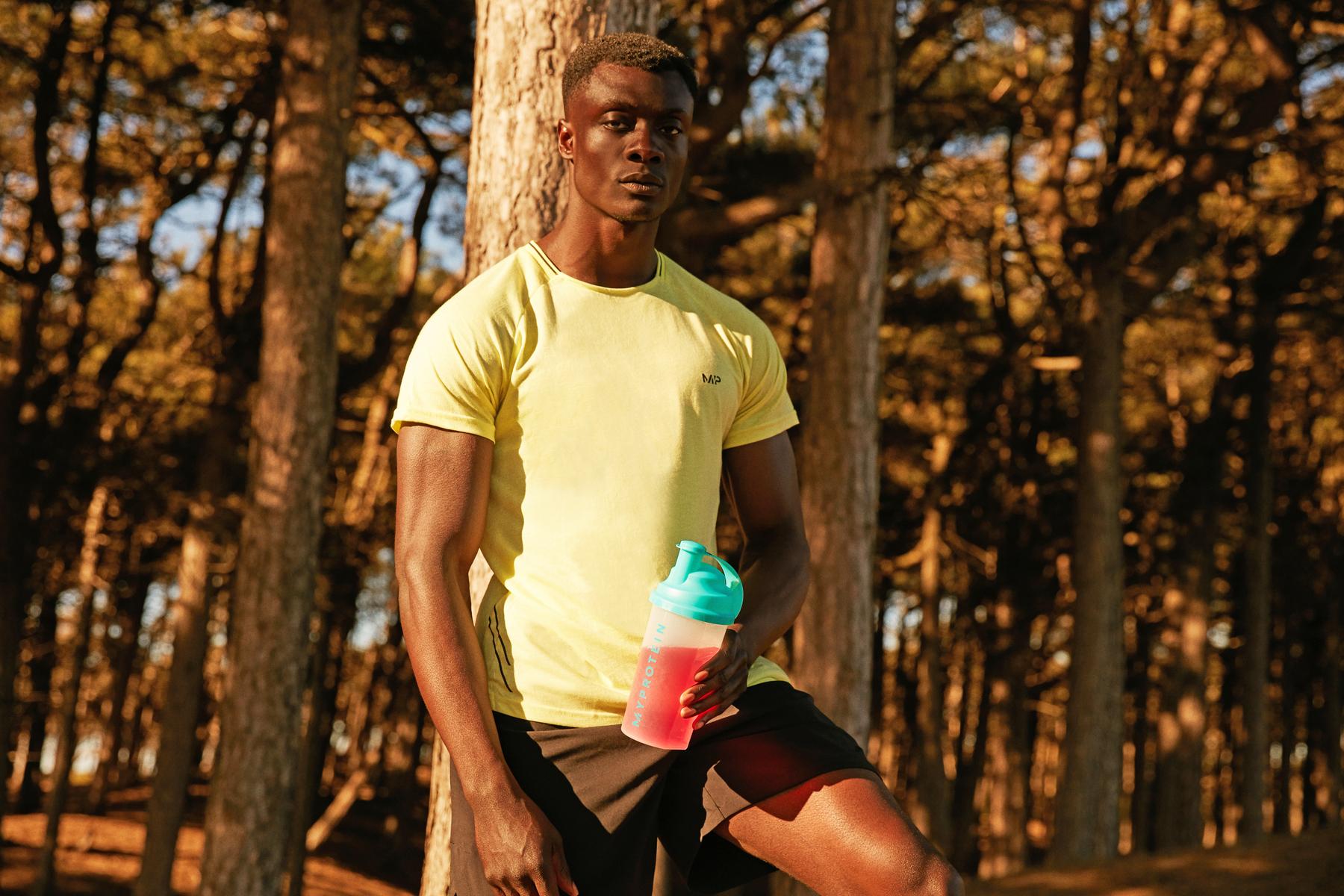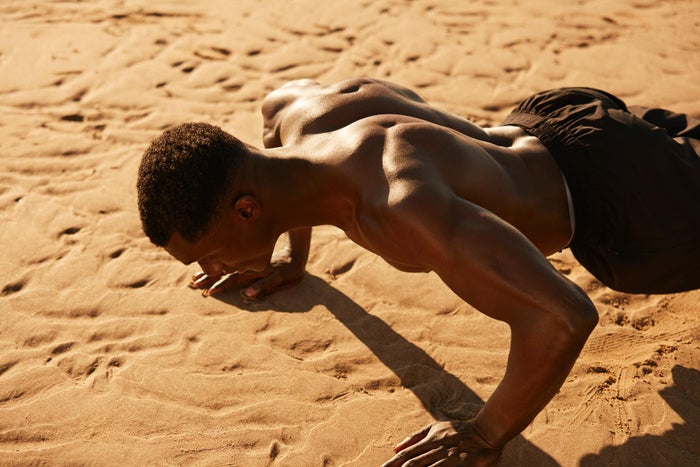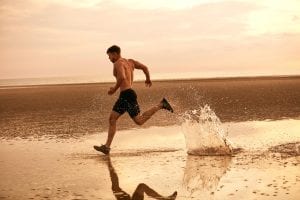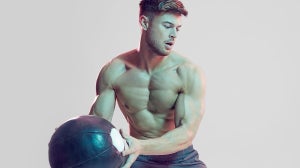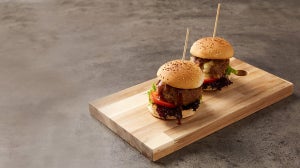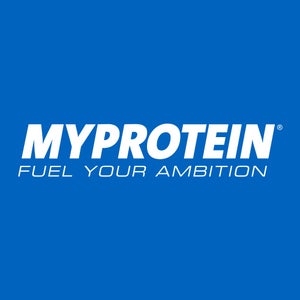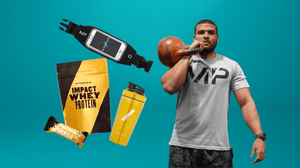1. Carr AJ, Gore CJ, Dawson B. Induced alkalosis and caffeine supplementation: effects on 2,000-m rowing performance. Int J Sport Nutr Exerc Metab. (2011)
2. Glaister M, et al. Caffeine supplementation and multiple sprint running performance. Med Sci Sports Exerc. (2008)
3. Ganio MS, et al. Effect of ambient temperature on caffeine ergogenicity during endurance exercise. Eur J Appl Physiol. (2011)
4. Loureiro, Laís Monteiro Rodrigues, Caio Eduardo Gonçalves Reis, and Teresa Helena Macedo da Costa. Effects of Coffee Components on Muscle Glycogen Recovery: A Systematic Review. International journal of sport nutrition and exercise metabolism.(2018)
5. Patel, K. (2018). Do I need to caffeine cycle?.Available: https://examine.com/nutrition/do-i-need-to-cycle-caffeine/
6. EFSA Panel on Dietetic Products, Nutrition and Allergies (NDA). (2010). Scientific Opinion on the substantiation of health claims related to vitamin C and reduction of tiredness and fatigue (ID 139, 2622), contribution to normal psychological functions (ID 140), regeneration of the reduced form of vitamin E (ID 202), contribution to normal energy‐yielding metabolism (ID 2334, 3196), maintenance of the normal function of the immune system (ID 4321) and protection of DNA, proteins and lipids from oxidative damage (ID 3331) pursuant to Article 13 (1) of Regulation (EC) No 1924 …. EFSA Journal, 8(10), 1815.
7. Kim, J. A., Formoso, G., Li, Y., Potenza, M. A., Marasciulo, F. L., Montagnani, M., & Quon, M. J. (2007). Epigallocatechin gallate, a green tea polyphenol, mediates NO-dependent vasodilation using signaling pathways in vascular endothelium requiring reactive oxygen species and Fyn.Journal of Biological Chemistry, 282(18), 13736-13745.
8. SCHLAICH, M. P., JACOBI, J., Stefan, J. O. H. N., DELLES, C., FLEISCHMANN, I., & SCHMIEDER, R. E. (2000). Is l-arginine infusion an adequate tool to assess endothelium-dependent vasodilation of the human renal vasculature?. Clinical Science, 99(4), 293-302.
9. Fitzpatrick, D. F. (2004). S. Patent No. 6,706,756. Washington, DC: U.S. Patent and Trademark Office.
10. DiNicolantonio, J. J., Liu, J., & O’Keefe, J. H. (2018). Thiamine and cardiovascular disease: a literature review. Progress in cardiovascular diseases, 61(1), 27-32.
11. EFSA Panel on Dietetic Products, Nutrition and Allergies (NDA). (2014). Scientific Opinion on the substantiation of a health claim related to iron and contribution to normal formation of haemoglobin and red blood cells pursuant to Article 14 of Regulation (EC) No 1924/2006. EFSA Journal, 12(1), 3515.
12. Sureda A, et al. L-citrulline-malate influence over branched chain amino acid utilization during exercise. Eur J Appl Physiol. (2010)
13. Baguet A, et al. Important role of muscle carnosine in rowing performance. J Appl Physiol. (2010)
14. Sweeney KM, et al. The effect of beta-alanine supplementation on power performance during repeated sprint activity. J Strength Cond Res. (2010)
15. Sale C, et al. Effect of β-alanine plus sodium bicarbonate on high-intensity cycling capacity. Med Sci Sports Exerc. (2011)
16. Bailey, Stephen J., Paul G. Winyard, Anni Vanhatalo, Jamie R. Blackwell, Fred J. DiMenna, Daryl P. Wilkerson, and Andrew M. Jones. Acute L-arginine supplementation reduces the O2 cost of moderate-intensity exercise and enhances high-intensity exercise tolerance. Journal of Applied Physiology109, no. 5 (2010): 1394-1403.
